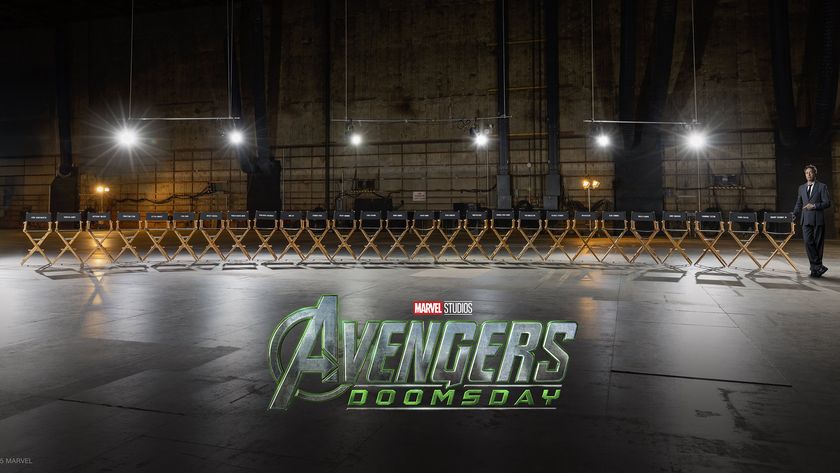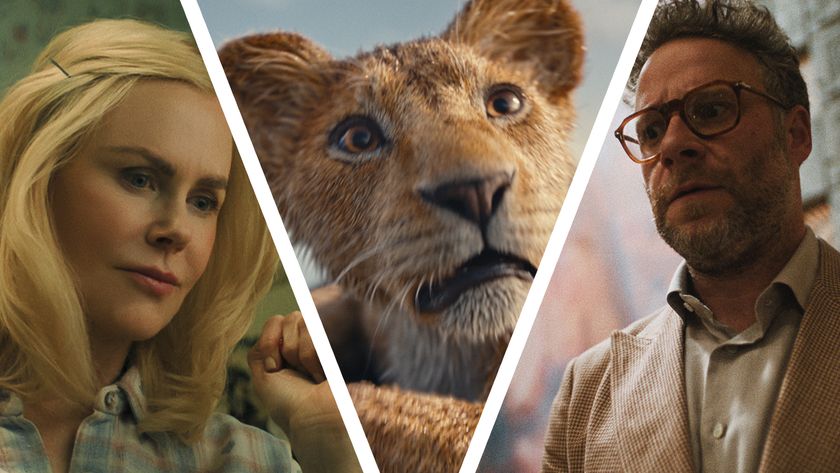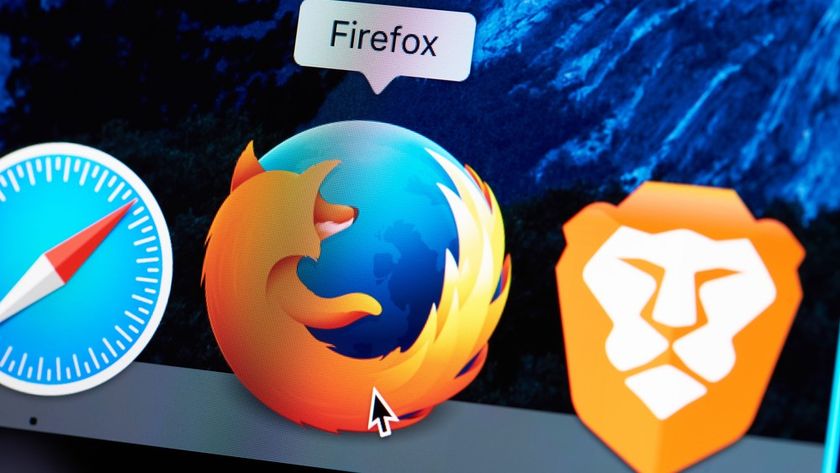Steal or no steal: tackling the changing face of movie piracy
Piracy has gone through massive changes, as has the movie industry's views

"The whole landscape was changing from physical infringement to digital infringement and the economy was changing too. We couldn't use the 'cheapskate' message as everyone quite rightly had to save their money - it just didn't work," said Bales.
"We moved the piracy debate on and that is when our real behaviour change kicked in. What we wanted in the trust was to portray the positivity of film and the film industry and get people to support it."
This may feel like a strange step, given piracy is almost always frowned upon but what Liz and the team did was look at the facts and found that the average pirate is actually the core audience for the movie business.
"We know that the people that infringe content are the most valuable audience group. They go to the cinema more than the national average, they are buying more Blu-rays than anyone else. They are more likely to have a Sky subscription and they are massively in love with Lovefilm [now Amazon Prime Instant] and Netflix," explained Bales.
"It's saying that we know you love movies and value that you are spending money on movies but we just want you to do a bit more of the right things and less of the infringement."
This positivity has remained through a number of campaigns - from You Make The Movies to Moments Worth Paying For.
"We want the idea that movies are for you. If you can take whatever good, bad, indifferent day you are having and immerse yourself in a two-hour film that experience where you can just forget about everything else around you, pay for this experience and give something back to the filmmakers. That's the key to this campaign."
Get daily insight, inspiration and deals in your inbox
Sign up for breaking news, reviews, opinion, top tech deals, and more.
With the arrival of Netflix in the UK, the Industry Trust's push to educate about piracy has now gone two-fold. Hollywood is finally starting to realise that engaging audiences is the way to stem piracy and there's also the site FindAnyFilm, which acts as a conduit to all the legal ways you can get your favourite movies.
It is a search engine that anyone can use on their website, with just a snippet of code, and a step in the right direction for surfacing legal ways to watch movies on a web that's increasingly drowning in flow of dodgy links.
"Some piracy is driven by 'I want this film now'. But a lot of piracy is driven by the fact people are at home and bored. So if you serve up all of that stuff this stops that," said Bales.
"This is where FindAnyFilm comes in. With the campaign we have used FindAnyFilm as a hub to say 'all films, all above board'."
Hollywood backing
With FindAnyFilm the Industry Trust has got the backing of Hollywood. In cinemas there have been bespoke ads made for Despicable Me 2, The Huger Games and more recently Anchorman 2 and The Amazing Spider-Man 2.
"You can't have someone like Tom Hanks or Leonardo DiCaprio do a lecture on piracy but if you respect the audience and give them a little bit of entertainment then I think that works," explained Bales.
But what about what the rest of the industry is doing in regards to tackling piracy? Ultraviolet is a service that is trying hard to make movie watching flexible on any device but it has so far been mired in consumer confusion.
Bales believes that this won't always be the case, though, but agrees more work is needed to get it right.
"The fact that you can watch something on the go and pick it up straight away on the TV when you get in is genius," said Bales.
"The idea of Ultraviolet is amazing but the execution is the challenging thing. People don't need a tutorial for Netflix, they don't need a tutorial for iTunes... and that is the issue.
"But if you look at the names behind the service it is a fantastic amount of companies, so it is great that they have worked out the infrastructure around it.
"The thinking is there and it has got potential but it is not quite there yet."
Marc Chacksfield is the Editor In Chief, Shortlist.com at DC Thomson. He started out life as a movie writer for numerous (now defunct) magazines and soon found himself online - editing a gaggle of gadget sites, including TechRadar, Digital Camera World and Tom's Guide UK. At Shortlist you'll find him mostly writing about movies and tech, so no change there then.












